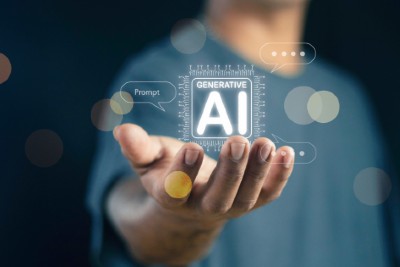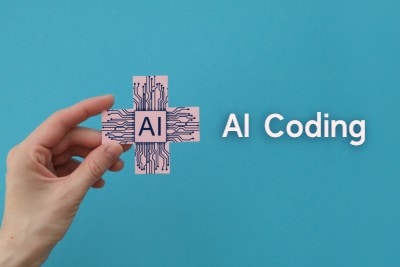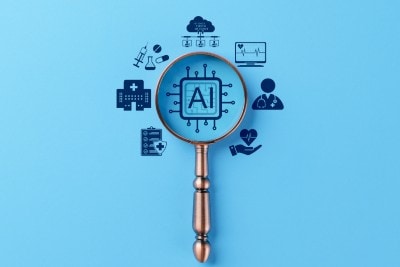Urgent Message: Invest in artificial intelligence upskilling across your organization by dedicating resource time and funding for educational activities. It’s a critical strategy for urgent care operators to improve staff retention and operational readiness. Keywords: clinician upskilling; AI literacy; workflow adoption; clinical documentation; decision support; change management Burnout remains a serious consideration across healthcare, and urgent care is no exception. At the same time, artificial intelligence (AI) is reshaping how we deliver and manage care. …
Read More









